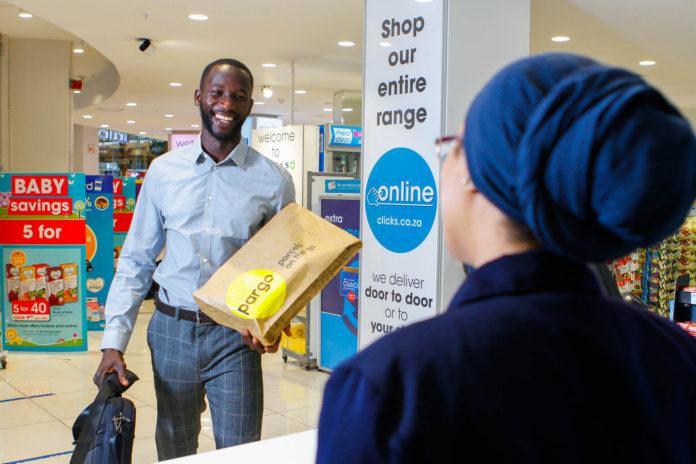Last-mile delivery tech firm, Pargo, shares some fascinating insights
Cape Town – Growing numbers of shoppers are basing their buying decisions on the ability to return items easily.
A survey by South African click & collect specialist Pargo shows that 70% of consumers say having the option to return orders is an important factor when buying online.
Fifty-five percent of the 500 people surveyed also indicated that they preferred using a Pargo Pickup Point to return their orders.
“We are seeing an increase in online buying behaviour being influenced by the type of returns method offered by brands online,” says Pargo CEO and co-founder, Lars Veul.
While returns from home is a popular and convenient method for shoppers throughout South Africa, it also comes with many frustrations. Veul explains that the country’s market has its own unique needs.
“One of the most important challenges facing the logistics industry is inaccurate or access-restricted addresses, including security estates and business parks, rural and township areas, larger high-rise buildings and outlying areas,” he says.
By enabling customers to buy online and then collect an item from a pickup point of their choosing, this problem is overcome.
“The rising trend of BOPIS (Buy Online, Pick Up in Store) is fast becoming a South African favourite, unlocking the world of e-commerce for all South Africans. Previously many would not have had easy access to many of the brands who sell online because of difficulties in reaching or even articulating addresses.”
According to the Pargo survey, more than half the respondents indicated that they shopped online monthly or occasionally. These shoppers use click & collect for convenience, reliability and affordability, citing they want to avoid long queues.
But the system works the other way as well by “flipping it in reverse”, Veul says.
“You have a smart technology-enabled network of access points that can now return online purchases right back to the warehouse they were initially dispatched from.”
“With reverse logistics in place, retailers are allowing consumers to buy in-store and return from any participating Pargo Point that suits them best. There is no hassle or need to print a waybill. This solution allows consumers to simply log their return online and drop it off at their preferred pickup nearby.”
The solution is being extended even further, in that Pargo has unlocked medical industries with donor-demand, including the South African Bone Marrow Registry (SABMR).
“This means South Africans are able to receive their test swabs at home and return them to SABMR when and where it suits them best. It cuts the donor-testing journey timeline by at least 40%-50% simply by removing the barrier of logistics and putting the control back in the hands of the consumer.”
Veul says using return methods that allow you to drop your parcel while still going about your day without disruption, missed deliveries and reattempts, is the best option for online shoppers.
The model is also more cost-effective.
Particularly in South Africa’s current economic climate, price of delivery and product continues to be a top influencing factor when it comes to buying online.
This pushes brands to innovate and cut unnecessary costs to prevent transferring these expenses onto the end consumer in the form of margins and markups. Click & collect works because parcels are being sent to pickup points, rather than multiple different addresses.
“Delivery is not a product in your inventory, it is a support function to complete your consumer goals of buying from your store, so you should steer clear of adding markups to delivery methods to keep consumers happy and coming back,” Veul says.












